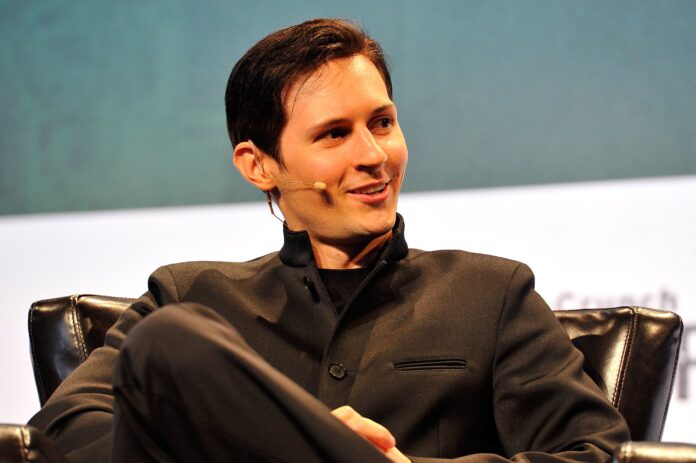Billionaire tech entrepreneur Pavel Durov, owner of Telegram, has come clean that his estimated $13.9 billion fortune will be split down the middle between over 100 children he has fathered. In a chat with French weekly Le Point, the 40-year-old said, “They are all my children and will all have the same rights”. He also expressed that he doesn’t want the children to tear each other apart after my death.”
Pavel Durov is officially six “children’s father” from three different women. But he mentions that a sperm bank told him that over 100 babies had been born as a result of his donations in the last 15 year which is in around 12 countries.
A Fortune, But Not Immediately
The Telegram founder doesn’t want his children to rely on inherited wealth. He confirmed that none of them will receive any part of the fortune for the next 30 years.
“I want them to live like normal people,” Durov said. “To build themselves up alone, to trust themselves, to be able to create, not to be dependent on a bank account.”
He insisted that his reason for creating a will ahead of time is based on the nature of his work. “My profession exposes me to risk. What defending freedom does for you is gain you lots of enemies, including among strong states.”
Also read: Boston Starbucks Assault: Suspect Wanted After Violent Attack at Faneuil Hall
A Billion Users, a Billion Challenges
Durov’s messaging platform, Telegram, currently has more than a billion monthly active users. Launched in 2013 after his conflict with the Kremlin on VKontakte, Telegram became a darling of users who wanted encrypted, secret communication.
Dubai became the base for Telegram’s headquarters, and Durov has joint UAE and French citizenship. Nevertheless, the billionaire’s ascension was characterised by success and adversity.
Legal Troubles in France
In 2024, Durov was arrested in an airport by French police on allegations that he did not manage Telegram well. He was accused of enabling criminality such as drug dealing, child sex abuse material, and fraud on the platform.
Durov has firmly denied all accusations, calling them “totally absurd.” He argued that just because criminals use a messaging app does not mean the creators of that app are themselves criminals.
Telegram has also rejected these claims, insisting that it has never failed to cooperate with law enforcement.
The Moderation Debate
Opponents often vilify Telegram for being a sanctuary for extremist and illegal content because of its group sizes. In the UK, the app had been accused of helping to organize far-right violence in 2024.
While Telegram did shut down some bad channels, many think its content moderation policy remains weaker than on other platforms. Telegram does not agree.
Defending the Platform
Durov had defended Telegram’s attempts earlier this year on social media platform X. Durov says that “Since 2018, Telegram has battled child abuse in various ways. Telegram has countered content fingerprint bans, specialized moderation teams, NGO hotlines, and daily transparency reports on blocked content, all verifiable.”
Telegram also insists that it takes out “tens of thousands of groups and channels every day” and deletes millions of posts violating its policies involving violence, child abuse, and illicit trade.
From VKontakte to Telegram: The Journey
Durov started out with VKontakte, the Russian social media giant that he co-founded. In 2014, he asserted he was pushed out after rejecting Kremlin pressure to ban political opposition on the site. That turning point forced him into exile and ultimately to the development of Telegram.
Since then, Durov has taken on the role of digital privacy warrior, frequently in direct conflict with world regulators and surveillance-thirsty governments.
Also read: US Government to Remove Daily Alcohol Limits Guidelines
A Legacy Larger Than Life
Having over 100 biological children, Durov’s legacy is not only online but it’s very human. While all billionaires prefer to leave their wealth for foundations, charities, or trusts, Durov’s decision to leave his wealth directly to his children albeit keeping them waiting for it is an exception.
The relocation begs questions of identity, morality, and long-term accountability on the part of global technology leaders. But for Durov, it’s an individual crusade: to make sure every child inherits not just riches, but principles.
Whether they become his successors or carve out their own careers, Pavel Durov has made one thing certain that he’s positioning for an independent future where autonomy is more important than legacy.








